Here we go again. Almost twenty years after it almost brought down John Howard in the 1998 election, the Great Tax Adventure is back and starring, now as then, that seductive fiscal femme fatale, the Goods and Services Tax.
Since last week, Lone Ranger PM Malcolm Turnbull and his moonfaced Tonto, Treasurer Scott Morrison, have been talking up a storm about tax reform. They have not discounted the possibility of increasing the GST to 12.5 or 15 per cent. Indeed, they have said, as has Assistant Treasurer and revenue minister Kelly O’Dwyer, that all options are on the proverbial table.
As for Labor under the Trade Union Royal Commission’s favourite unreliable witness, Bill Shorten, its only response is to re-open Kim Beazley’s 1998 scare campaign manual. $100 lamb roasts? Bring ‘em on. The only problem is scares based on lies only work once, and Labor’s own economic cabinet – both literally and metaphorically – is utterly bare.
Mr Shorten and his shadow treasurer, ‘look at me, I’m a Keynesian’ Chris Bowen, actually need Mr Turnbull and Mr Morrison to turn their tax talk into policy action. In Labor’s cash-splashed Utopia, other people’s money, and tonnes of it, makes the world go round, and the Greens and economically-illiterate Senate independents are still worse in their fiscal whoring.
But Mr Turnbull and Mr Morrison fired the starting gun on their own tax debate without appearing to have any clear plans of their own to put on that table of theirs. The PM may deride Tony Abbott for presiding over the Coalition’s unpopular 2014 budget, but the more Mr Morrison waffles on about tax the more he sounds like his largely unlamented and windy predecessor Joe Hockey.
So it’s no surprise that Mr Turnbull already has told parliament it is ‘inconceivable’ that he’d lift the GST rate without substantial compensation for the poor. Unlike Mr Howard and Peter Costello, who first paid off Labor’s debt and then – with a first-rate Treasury team – crafted their tax reform blueprint before they started tilling the ground for it, the Turnbull-Morrison ‘let’s have a debate and see where the wind blows’ strategy risks far too many binding assurances being given up front. Their final tax package will be so packed with offsets, trade-offs and giveaways that the government will finish up needing even more of our hard-earned GDP than it does now.
Mr Turnbull and Mr Morrison should find a few other things to label ‘inconceivable’. They need to spell out that any increase in the tax take without taking an axe to bloated and self-indulgent government spending is inconceivable. They need to find that pandering to lazy state governments wanting increases in the GST, the Medicare levy, or both without reforming their constipated, inefficient and wasteful spending on hospitals, schools and other services, including huge pay rises for unionised public sector employees, is inconceivable. They need to say raiding super is inconceivable. Above all, they need to find that devising ever more creative ways to slug the hard-working, the prudent, and the law-abiding citizens of middle Australia, and the small, medium and large businesses that keep our economy humming, without giving them serious relief from their crippling tax burdens, is completely and utterly inconceivable.
Coughing up
Good on health minister Sussan Ley for floating the heretical notion that smokers, heavy drinkers and the like should cough up a bit more for private health insurance premiums than people who take reasonable care of themselves.
In a remarkable exercise in crowdsourcing policy, this week Ms Ley launched an online survey where we can tell her what we think of private health insurance, including whether we should continue to pay the same premiums for it regardless of age, state of health or risk-taking behaviours.
If we indulge to excess or take known risks with our health we should be prepared to take responsibility for our choices. Sending price signals to the reckless and feckless who willingly put their health on the line could actually help them decide to change their behaviour for the better. Letting insurers reward those who reduce their risks – for example, switching from smoking the evil weed to relatively harmless e-cigarettes – would make sense. It is better for their health, and would save the rest of us a packet in healthcare costs.
But don’t hold your breath.
Got something to add? Join the discussion and comment below.
Get 10 issues for just $10
Subscribe to The Spectator Australia today for the next 10 magazine issues, plus full online access, for just $10.
You might disagree with half of it, but you’ll enjoy reading all of it. Try your first month for free, then just $2 a week for the remainder of your first year.


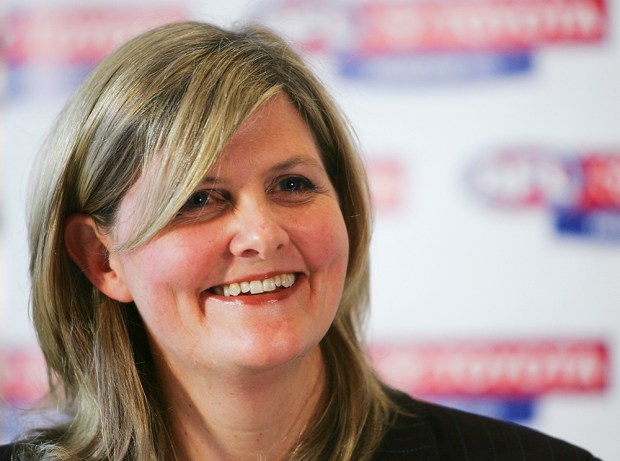
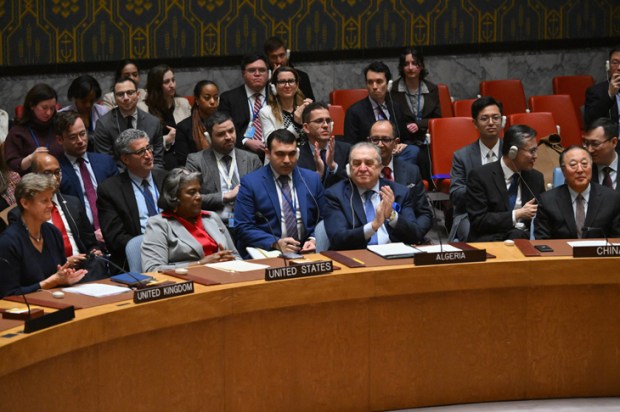
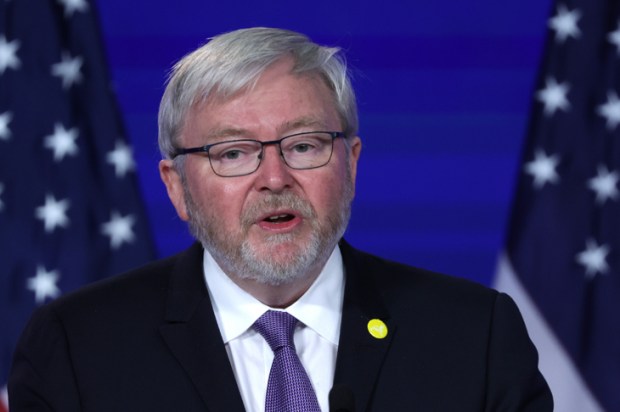
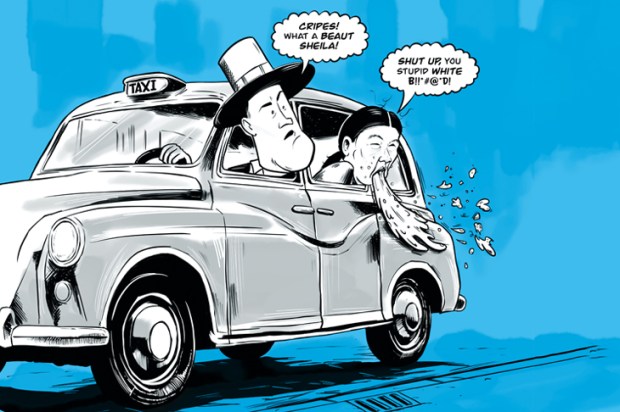
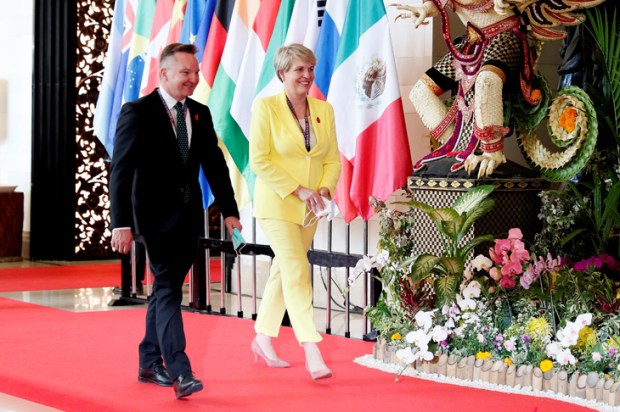
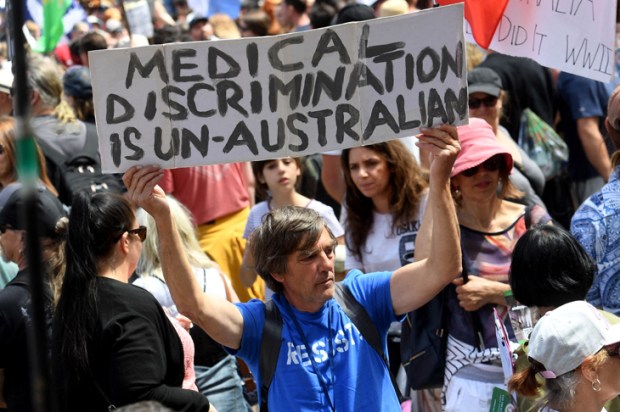






Comments
Don't miss out
Join the conversation with other Spectator Australia readers. Subscribe to leave a comment.
SUBSCRIBEAlready a subscriber? Log in